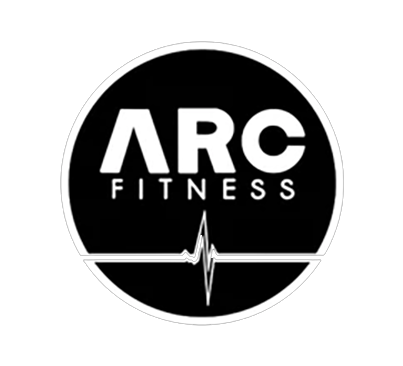No products in the basket.
Arc Fitness, Uncategorized
Navigating Resistance in recovery
Navigating Resistance in recovery
It can be heart-breaking to watch loved ones destroy their own life with alcohol or drugs. As a friend or family member you have tried and tried to help them only to be met with defiance, aggression and ambivalence.
When people have developed a physical and/or psychological dependence on alcohol or drugs there will usually be reluctant about giving these substances up – this is known as resistance.
I was an absolute nightmare at the start of this process. I was; stubborn; prideful and arrogant with no intention of breaking this difficult yet familiar relationship. You see, unless the individual becomes willing to change there is very little that can be done to help them end the addiction. Even if you do get them into a treatment facility they can still relapse as soon as they return home.
When I was ‘forced’ to enter my first rehabilitation center, (not that I was physical dragged – emotionally dragged yes), I felt it was the quick fix needed to rebuild my marriage – 4 weeks and all this will be sorted – who was I kidding. First week home, straight back into the chaos again as if the past 4 weeks didn’t even happen.
My point is that it is VITAL that people are able to get beyond their resistance and embrace a new and better life if recovery is ever going to work. If addressing the issue of addiction is being done out of guilt; shame; for someone else or for another forced reason and NOT for yourself – failure will ensue.
There can be many reasons why people become resistant to help with their addiction problems. Some of these reasons include:
They fear change- There is comfort in the familiarity and deciding to change means leaving this comfort zone.
When people become physically and psychologically dependent on alcohol and drugs they will usually suffer unpleasant withdrawal symptoms. This can be enough to prevent change.
Denial about their situation is so common.
Imagining a life where they can be happy without alcohol or drugs can be so far removed from where they are at. This means that they view recovery as a joyless or boring.
If someone has low self-esteem it will mean that they will not expect much out of life. They may be convinced that a life of addiction is the best they can hope for.
Some people believe they have to hit rock bottom before they quit. The danger is that if they wait too long it may be too late to undo the damage.
There are some people who can be described as high functioning and outwardly successful. The fact that these individuals have such a well maintained addiction means that they may not see any need for change.
To help someone overcome the resistance to change, it is essential to be able to highlight the benefits of entering recovery in the first place. If you are reading this and you are feeling real conviction about tackling your substance use but you are still on the fence, give consideration to these things below:
- You begin on a path toward healing vs. continuing down a path of self-destructive behaviour
- Your health will likely improve
- Your relationships will likely improve
- Your self-esteem and self-acceptance will likely improve
- Your career or work performance will likely improve
- You have access to support and guidance as you navigate your new path
- You can learn new strategies for living sober and gain new tools to help you
- You have others to whom you can become accountable, so that you are less likely to “cheat” on you commitment
- You learn from others’ experiences and share with others, gaining confidence and self-esteem
What can you do to help overcome resistance to recovery?
There are a number of things that can be done to help overcome someone’s resistance to recovery. Think about the following:
- Lecturing someone about the need to give up alcohol or drugs can be an ineffective, people get defensive. A more appropriate approach may be to leave recovery material / books in places where this person is likely to see them.
- Directing them towards an addiction therapist will help the individual see beyond their denial.
- The resistance levels will vary over time, and it is usually at its lowest when they have messed up because of their alcohol or drugs use. This is when people will be more receptive to the idea.
- Understanding the reality of a life in recovery can help the addict overcome their objections to it. The pre-conceived idea that they will live a boring life or have to become a living saint needs to change.
- Spending time around people who have managed to build a successful recovery can be inspiring for the individual. The desire to emulate this success can overcome any fear of change.
- Once the high functioning individual understands how much they have to lose by continuing their behaviour, and how much they have to gain by ending it, they will usually become more receptive to recovery.
Change is hard, especially when it involves changing behaviours that were once considered to be rewarding or pleasurable.
Even though you know it is best to turn your back on a self-destructive substance use habit, you must combat your own resistances.
Drop the Pride. Accept help. Be Humble. Embrace Change.
